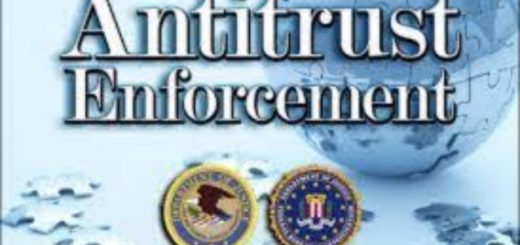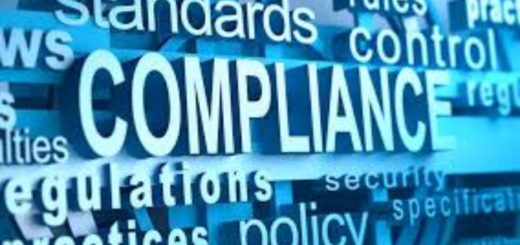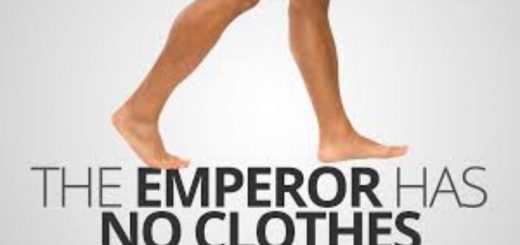DOJ’s Perspective on Clawbacks and Deferred Compensation Systems (Part III of III)
DOJ’s decision to examine corporate compensation programs as an important part of a compliance program should be welcomed. DOJ’s initiative asks a very good question – how can incentives and disincentives be used to promote compliant behavior without unjustly punishing shareholders who bear the brunt of large corporate penalties? DOJ wisely decided to open this issue to further examination through a consultation process. The possible...























